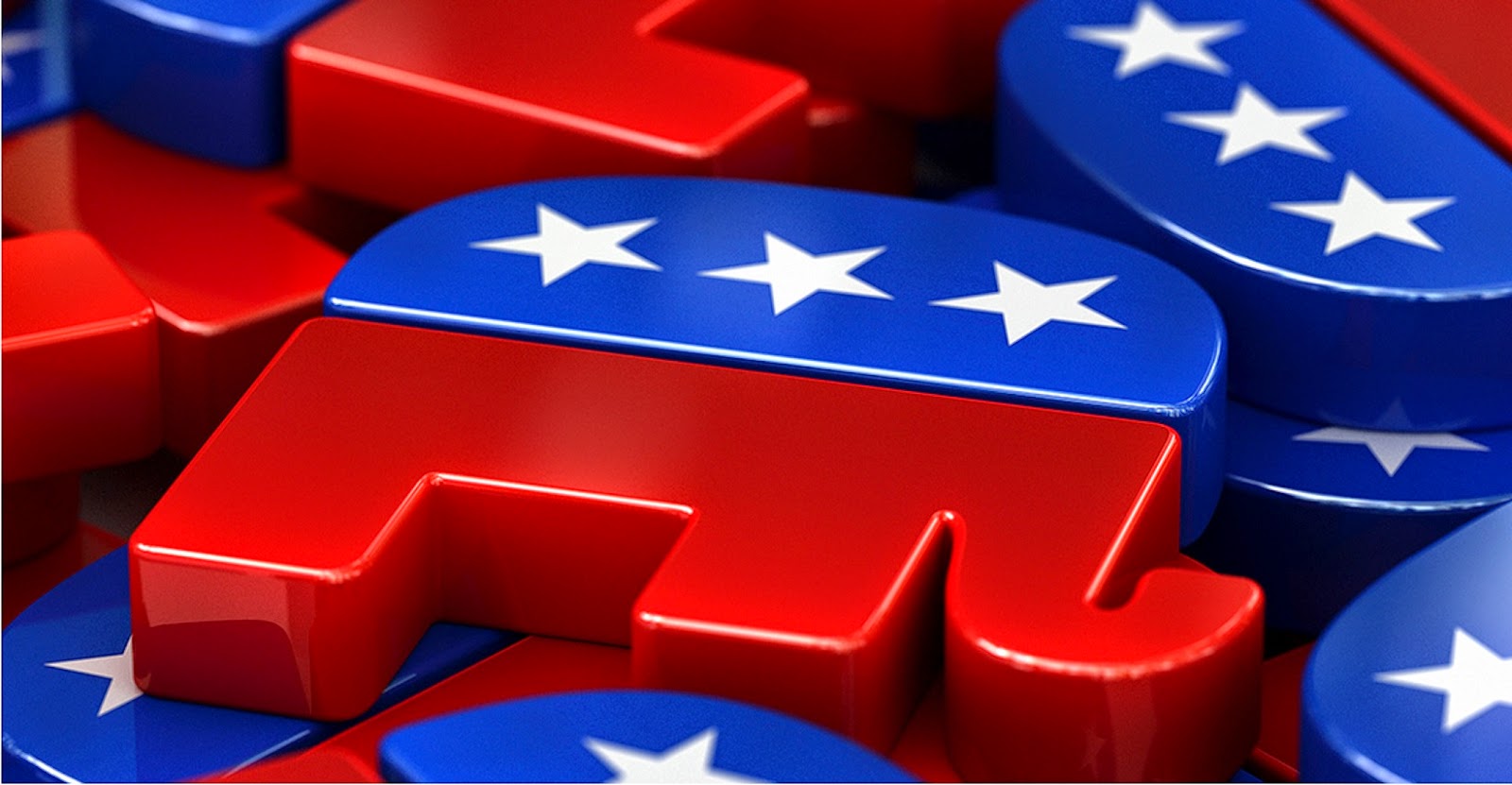
What should the Republican Party do about Trump? That is the question on the minds of many as we go into the final round of primaries and caucuses—a round in which Trump could get the most votes, the most delegates, and perhaps even lock up the nomination. But in the past few weeks the anti-Trump forces have been getting their act together—somewhat belatedly—and the political class is salivating over the fact that there could be a brokered convention for the first time in more than half a century. How would that happen? And who are the brokers?
Following is a comprehensive list of the possibilities. I’ll be the first to admit that I have no idea what the probabilities are that each will occur.
For scenarios #3, #4, and #5 to unfold with a modicum of decorum, there need to be “brokers” so-called because they in fact “broker” the deal or conduct the negotiations. And yet the kind of brokers that were standard in old-fashioned conventions don’t exist anymore. There used to be powerful elected or party leaders who could literally tell the delegates from their state what to do because they had hand-picked the delegates. The modern system doesn’t allow power brokers to hand pick delegates anymore—they are elected in state party caucuses, conventions and, executive committees in the spring. But that doesn’t mean that a contested convention would be devoid of brokers.
For those of us who have been to nominating conventions (I’ve been to eight Democratic ones and three Republican ones) you know that every day begins with a delegation meeting. The delegation meeting features national guests but also real and aspirational state political bigwigs. Most of the discussion in those meetings has to do with how to win not just the presidency but other offices in the state. Former Speaker Tip O’Neill’s most famous line is “All politics is local,” and that is true even at conventions. A governor is apt to be quite powerful and influential within the delegation. He or she has power over contracts, lobbying and a certain amount of influence over who gets nominated for what offices. Since most convention delegates are people who want to retain or build on their political standing in the state—they will take seriously what a sitting governor says.
The Republican Party has thirty-one sitting governors and most if not all of them will be at the convention. Only a handful of them: Rick Scott (Fla.) Paul LePage (Maine) and Chris Christie (N.J.) have endorsed Trump. Six of them have endorsed one of the other candidates and three of them: Asa Hutchinson (Ark.), Bill Haslam (Tenn.) and Charlie Baker (Mass.) have said flat out that they won’t vote for Trump.
That leaves 19 powerful potential brokers. Eight of them have said they’ll support the eventual nominee and 11 have simply remained silent or undecided.



Expositores: Oscar Vidarte (PUCP) Fernando González Vigil (Universidad del Pacífico) Inscripciones aquí. Leer más
Una retrospectiva para entender los próximos cuatro años. Leer más
En la conferencia se hará una presentación de los temas más relevantes del proceso de negociación se llevó a cabo desde el 2012, así como del acuerdo de paz firmado entre el Gobierno colombiano y la guerrilla de las FARC a finales del 2016. Se analizarán los desafíos y las... Leer más
El Observatorio de las Relaciones Peruano-Norteamericanas (ORPN) de la Universidad del Pacífico es un programa encargado de analizar y difundir información relevante sobre la situación política, económica y social de Estados Unidos y analizar, desde una perspectiva multidisciplinaria, su efecto en las relaciones bilaterales con el Perú.
© 2025 Universidad del Pacífico - Departamento Académico de Humanidades. Todos los derechos reservados.

